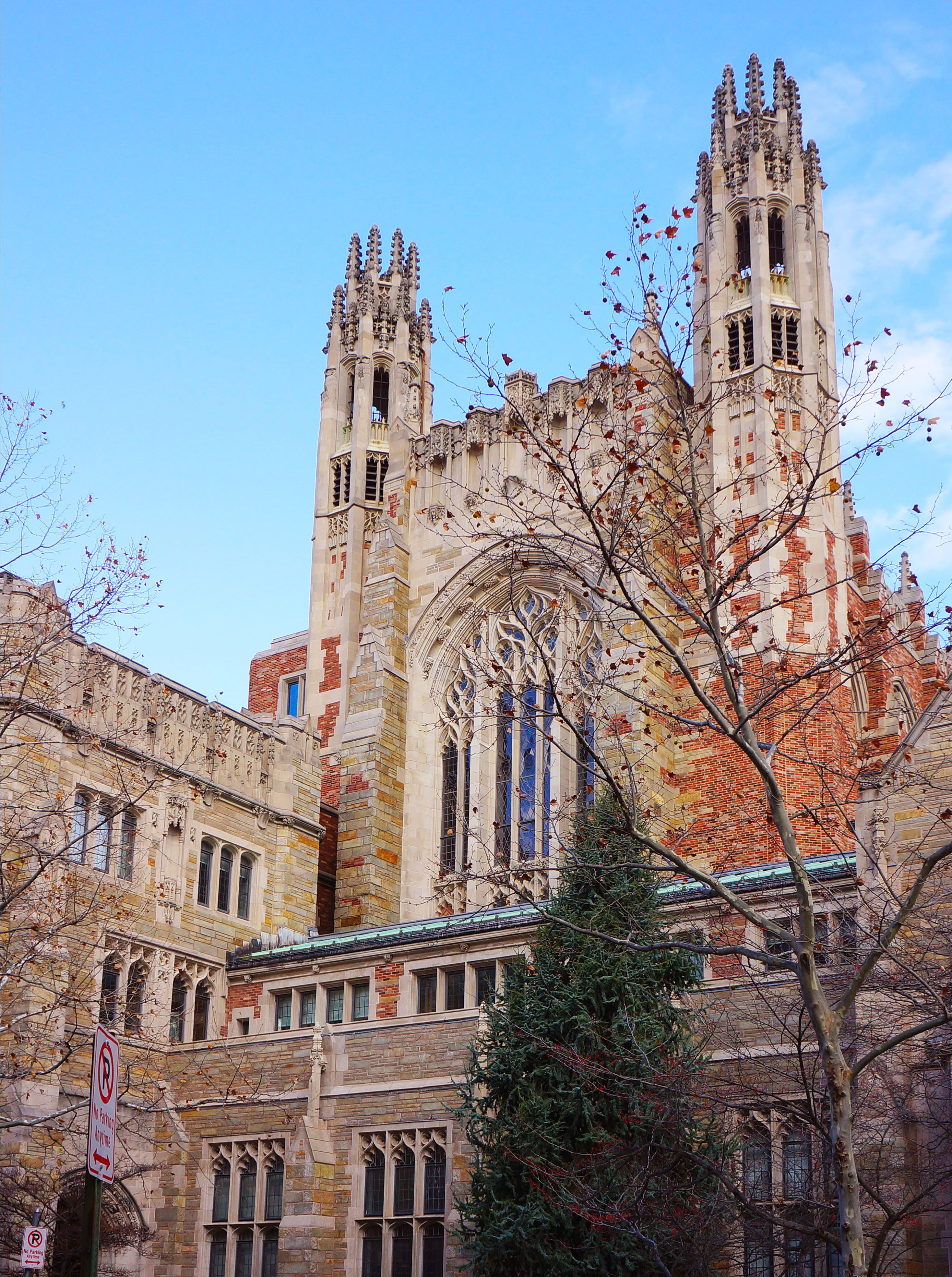
At the beginning of January, a group of students and faculty within Yale Law School took on a daunting task: demanding rights for Central American refugees.
Since the end of 2015, the Obama administration has overseen a number of raids on the homes of Central American immigrants, targeting them for deportation and triggering outrage among some human rights advocates. On Jan. 11, the law school’s Worker and Immigrant Rights Advocacy Clinic sent a letter to the Department of Homeland Security and the Department of Justice asking the government to suspend the raids, noting that many of these refugees are victims of trauma. They also requested that the government make reasonable accommodations in the deportation process, keeping in mind the hardships that the refugees have suffered. The latest version of the letter has been signed by over 250 organizations, including civil rights, labor and women’s rights groups.
“We hope the government will recognize the traumatic repercussions of immigration raids and cease the practice of sending armed guards to refugees’ homes to disrupt communities and pick up children directly from their beds,” Swapna Reddy LAW ’16, an intern at the clinic, said.
Reddy said several students drafted the letter as a result of work the clinic had been doing with refugee families detained in immigration detention centers in Texas and Pennsylvania. Reddy and the others realized that the families, many of whom were suffering from PTSD, needed psychological evaluations and mental health services. The letter emphasizes the immigrants’ mental health vulnerabilities, even mentioning that they can be defined as disabilities according to the Rehabilitation Act of 1973.
Allen Keller, associate professor at the New York University School of Medicine and director of the Bellevue/NYU Program for Survivors of Torture, said he agrees that the trauma the refugees have endured could impair their abilities to understand the process of immigration and seeking asylum. Keller is an advocate for immigrants’ rights and collaborated with the law school clinic on the letter.
“There really is something to [Yale’s] argument that this is a disabled population, that at a minimum there are reasonable accommodations because [the refugees] are traumatized. They’re terrified,” Keller said. “Often they’re not informed about where they’re supposed to go. They don’t understand the system. We need to make sure that they have had a fair chance. That’s all anybody’s asking for: fairness.”
Both Keller and Reddy said the government should be obligated to protect the refugees’ rights. After suffering from gender- and gang-based violence in their home countries, the immigrants are persecuted further in the United States, Keller said. Many are stopped at the border and kept in detention centers where they are subject to horrible conditions, he added.
And those who do make it into the country have now been victims of the recent raids by the U.S. government. Immigrations and Customs Enforcement has allegedly used violent tactics during the raids, further traumatizing the immigrants and making it harder for them to actively participate in removal proceedings, Reddy said.
Keller said the United States has been concentrating too much on immigrants as a national security issue rather than helping them recover from their traumatic experiences. However, he said he hopes the letter from Yale Law School will be effective in granting more rights to the immigrants.
He was especially enthusiastic that the letter had been drafted by law students. According to Keller, too many people have the attitude that someone else will take action and decide not to get involved themselves. However, the law students at Yale have been particularly vocal about this issue, he said.
“This lawsuit focused on the impact of their trauma … is accurate, it’s important, and — being a professor — nothing short of inspirational,” Keller said. “Leave it to the students to shine the light on the way to go and ask the tough questions.”
Miguel Paredes ’18, a peer liaison at La Casa Cultural who has been vocal in his opposition to the raids, said the United States needs to address the trauma-induced mental health issues instead of exacerbating them with violent raids. According to Paredes, the mistreatment of the immigrants is mostly due to prejudice from United States citizens.
“Recently, immigrants are viewed as lazy and violent criminals,” Paredes said. “It’s time we started seeing them as humans — humans in need of help.”
The Worker and Immigrant Rights Advocacy Clinic is one of 26 student-based clinics in the law school.







